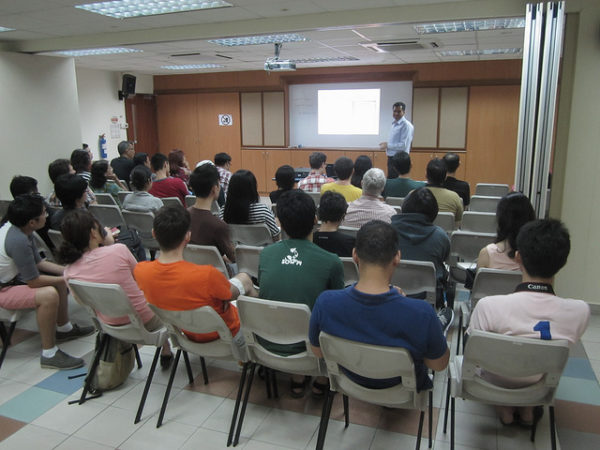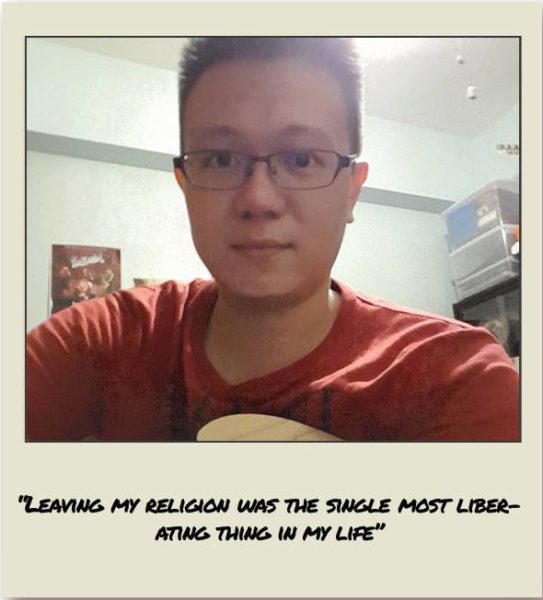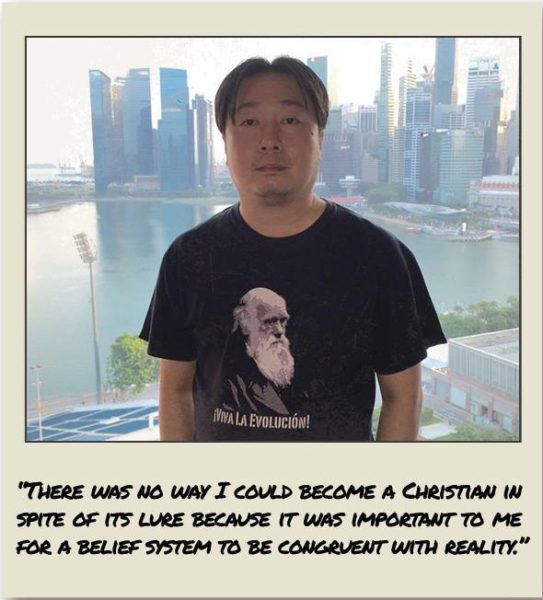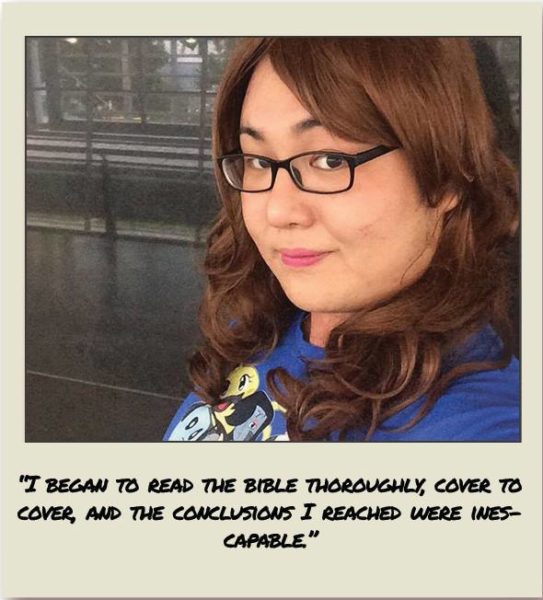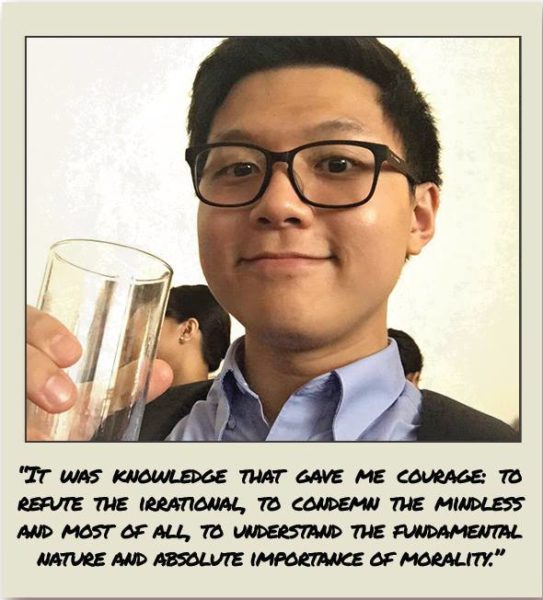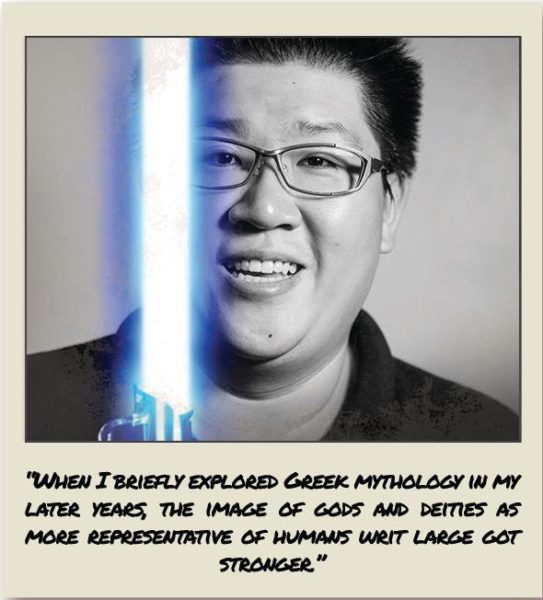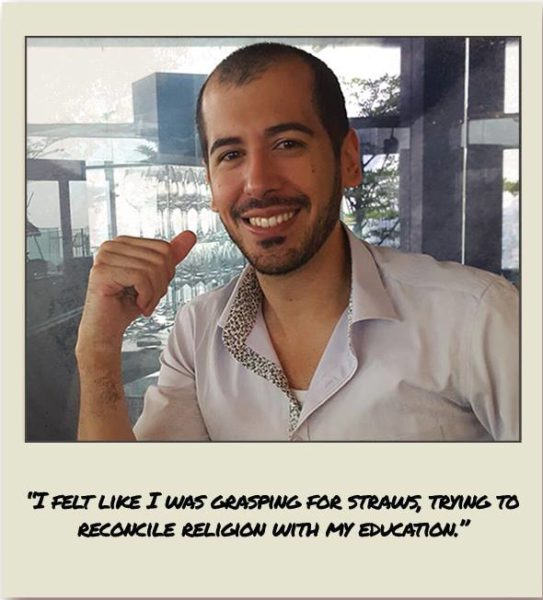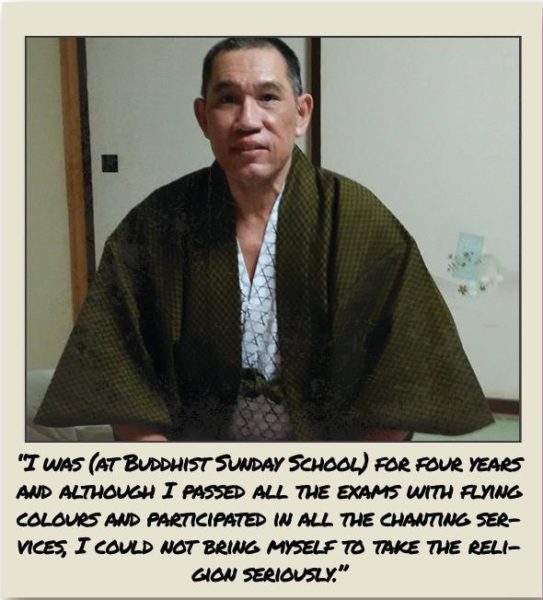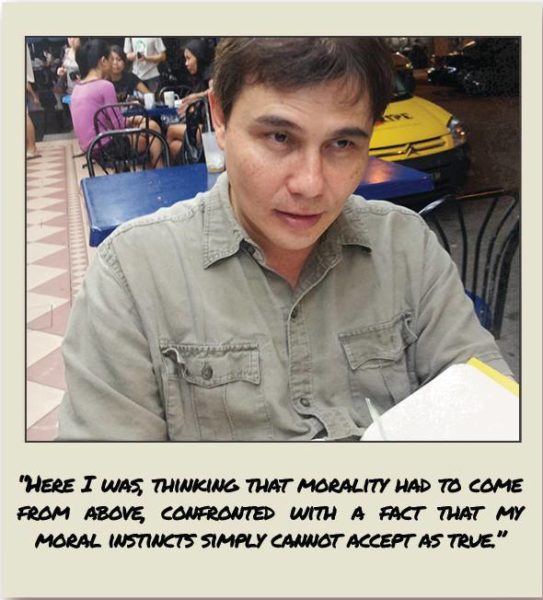There is no such thing as too much money. There is also no such thing as too many people an event.
An over-attended event may suffer, but an under-attended event is worse.
The no.1 rule of organising any Humanist event is getting a critical mass of attendants. Never take pride in an event so esoteric that nobody comes.
A critical mass of event attendants leads to:
- A critical mass of volunteer sign-ups
- A critical mass of exco members
- A critical mass of spin-offs, such as side projects
- A critical mass of funds
Poorly-attended events lead to:
- Falling volunteer sign-ups
- Falling exco members
- Vanishing spin-offs and side-projects
- Slow death of the movement.
As a general rule of thumb, Humanist events should strive for at least 30-5o per gathering.
The critical mass rule can be broken if the meeting is aimed at decision-making, or sealing a deal. Too many cooks spoil the broth, so keep the decision-making team lean. (<10, <5).
If you don’t believe in having proper events and wish to form small cliques just for self-expression, the Humanist Society is not for you.




